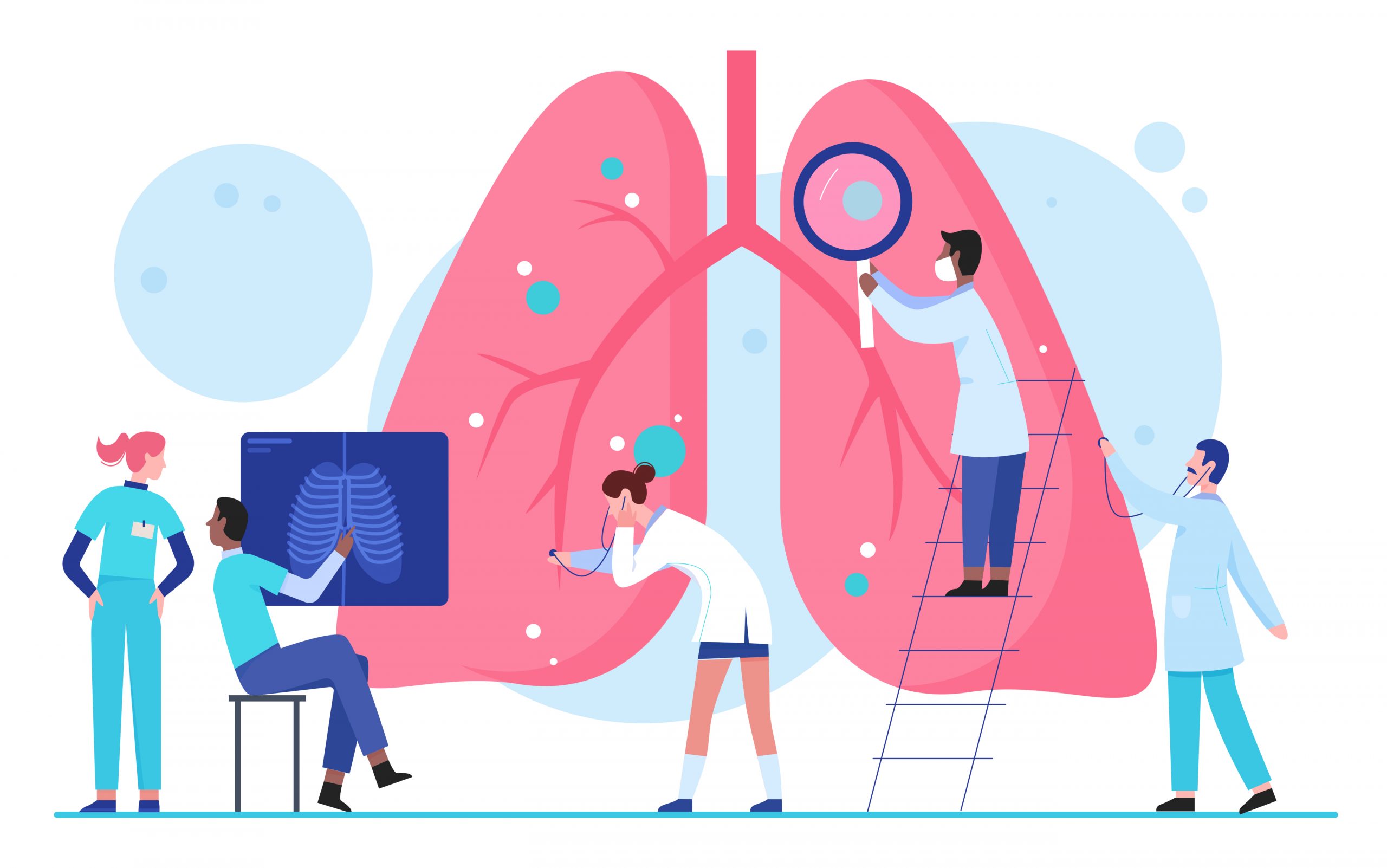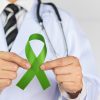We kicked off the “Let’s Fight Cancer Together!” campaign with a presentation titled “Lung Cancer in 2021: Debunking Myths and Update on New Treatment Options” by Dr Tan Chee Seng, Senior Medical Oncologist of OncoCare Cancer Centre.
In the first of this 3-part series, Dr Tan addressed 4 common misconceptions about lung cancer and introduced the new treatment options available for this disease, which have shown to be more effective than conventional chemotherapy. He also urged people who are at high risk of lung cancer to go for annual screening.
Read on for a summary of the key points covered.
A recording of the talk and Q&A session can be viewed here: https://youtu.be/070e8r1SFsg
Myth #1: Lung cancer is an old age disease. I’m young so I’m not at risk.
Even though majority of patients with lung cancer are >55 years old, those who are <55 still have a risk of developing the disease. Leading a healthy lifestyle can help to reduce your risk of lung cancer, regardless of your age.
Myth #2: E-cigarettes, smokeless tobacco and waterpipes are harmless.
Tobacco is commonly known to be present in cigarettes and cigars. However, other smokeless ways of consuming tobacco can also increase your risk of developing lung cancer. Fortunately, if you are a smoker, you can reduce your risk by quitting tobacco consumption.
Myth #3: Only smokers get lung cancer.
Contrary to popular belief, non-smokers can also develop lung cancer if exposed to long-term (>10 years) second-hand smoke or harmful substances. It is well established that the EGFR (epidermal growth factor receptor) mutation, which is commonly seen in Asian female non-smokers, account for up to 50% of female lung cancer cases.
Myth #4: Lung cancer is a death sentence; my life expectancy is in months, not years.
Patients with lung cancer now have access to better, more personalised treatment options in addition to the traditional chemotherapy, enabling a longer life expectancy and better quality of life. Some patients with advanced lung cancer survived for years while others achieved long-term partial remission, in which the size of the tumour or extent of cancer decreased in response to treatment.
These treatments are covered by Medisave, Medishield Life and/or private insurance. Discuss with your oncologist to identify the appropriate treatment and understand the exact insurance coverage available.
Early detection can greatly increase your chances of surviving lung cancer if appropriately treated. Annual screening is encouraged for people who meet the criteria listed in the image above. However, note that this is not recommended for those who are not at high risk to avoid unnecessary exposure to radiation from CT scans.
Consult a doctor if you experience symptoms of lung cancer, such as prolonged cough (with or without blood), prolonged breathlessness, unexplained pains or aches, loss of appetite and lethargy.
This article’s contents are provided by Dr Tan Chee Seng, Senior Medical Oncologist at OncoCare Cancer Centre, and summarised by Bena Lim (365CPS Volunteer).






